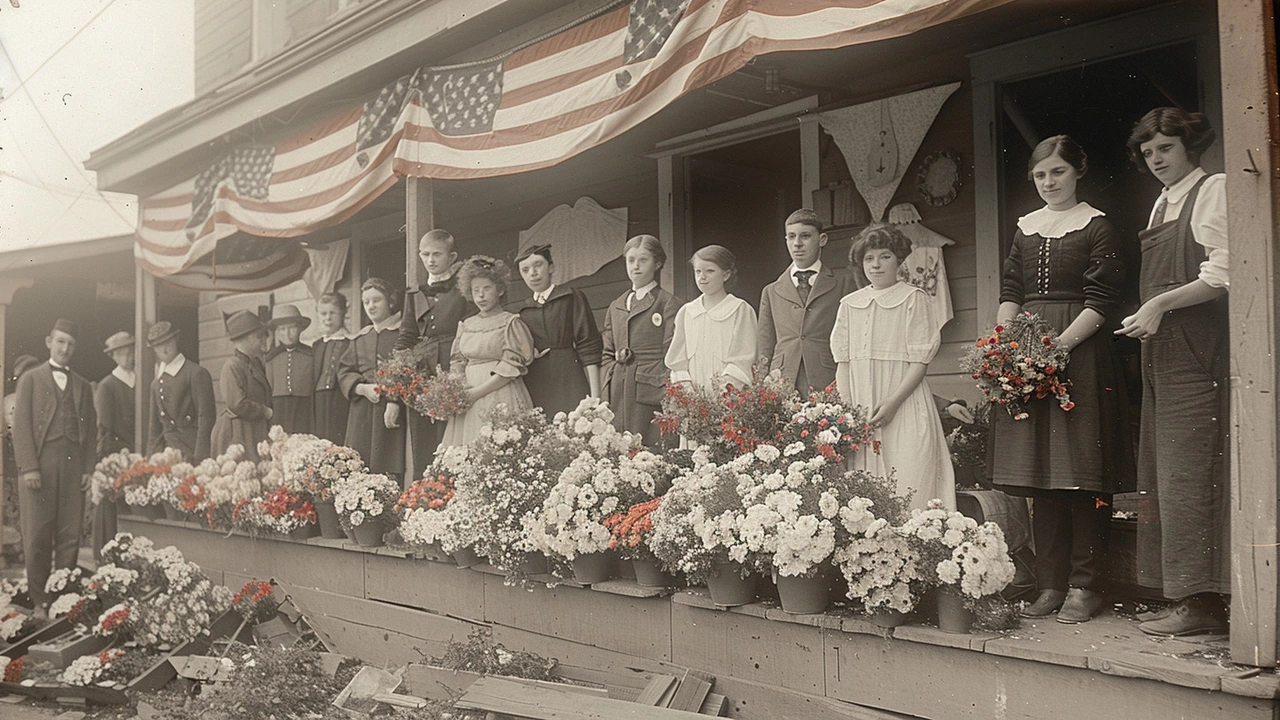Reconciliation: How to Heal Conflicts On and Off the Pitch
Ever watched a heated argument on a match and wished there was a quick fix? Reconciliation isn’t just a fancy word – it’s the tool that turns tension into teamwork. Whether you’re arguing with a teammate, a rival fan, or even a coach, the same simple steps can bring peace back.
Why Reconciliation Matters in Football
Football is fast, emotional, and full of surprises. A missed penalty or a controversial call can spark a flare‑up that spreads through a locker room or a fan forum. When conflicts linger, performance drops, morale sinks, and the whole community feels the strain. By addressing the issue early, you keep the focus on the game, not the grudge.
Reconciliation also builds a stronger reputation. Clubs that handle disputes openly earn respect from sponsors, media, and new supporters. That respect translates into more ticket sales, better player recruitment, and a healthier fan base.
Practical Steps to Reconcile
1. Listen first. Let the other side finish their story without interrupting. You don’t have to agree, but showing you hear them cools down the heat.
2. Find common ground. In most football talks, everyone wants the same thing: a win, a fair game, and respect. Highlight that shared goal to shift the conversation from "me vs. you" to "us together."
3. Own your part. A quick "I was wrong about that tackle" or "I overreacted" does wonders. It signals maturity and invites the other person to do the same.
4. Propose a clear solution. Whether it’s a joint training drill, a public apology, or a simple handshake before the next match, give a concrete step that both sides can follow.
5. Follow up. After the dust settles, check in after a week or two. A short "How are things going?" shows you care about lasting peace.
These steps work in the dressing room, on social media, and even at home when you argue over a video replay. The key is to keep the tone friendly and the goal clear: get back to enjoying the game.
Remember, reconciliation isn’t about forgetting what happened; it’s about choosing to move forward together. When you practice it, you’ll notice better teamwork on the field, calmer discussions in the stands, and a tighter community off the pitch.
So next time a clash erupts, try these small actions. You might be surprised how quickly the tension fades and how much stronger the bond becomes.

Unveiling the Forgotten Origins of Memorial Day: A Journey Through History
Explore the rich history of Memorial Day, tracing its origins back to General John A. Logan’s official establishment in 1868, and delve into the role played by Southern women in decorating graves of both Confederate and Union soldiers. Understand the contributions of figures like Francis Miles Finch in fostering national reconciliation.
More Detail